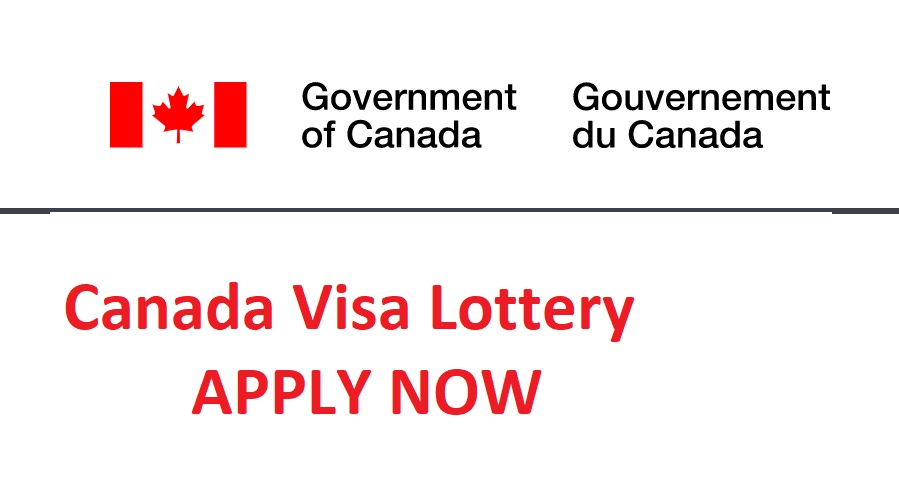Because of the excellent quality education accessible, the open and tolerant society, and the chances available, Canada is one of the top five destination nations for studying abroad.
Because the majority of financial aid opportunities, grants, and scholarships at Canadian colleges are geared toward Canadian students, international students may have fewer resources. Immigration, Refugees and Citizenship Canada (IRCC) will expect you to be able to fund your studies in Canada on your own as an international student.
Between your own savings and help from family, as well as some financial assistance available in the form of grants or scholarships (which do not have to be repaid), you may only be able to cover a portion of the entire cost of studying in Canada. This is why many international students rely on loans to fund the remaining fees.
Loans for International Students in Canada
If they are enrolled in certain Canadian schools, international students can now apply for a student loan without a cosigner. International, American, and Canadian students may be eligible for a loan to fund the cost of their education, which includes tuition, accommodation, food, insurance, and educational equipment like books.
With these loans, the lender will consider your academic success and professional plan rather than your credit history or that of a cosigner. They will also consider your home nation, estimated graduation date, and the school you attend.
Private lenders provide international student loans, and each lender has their own eligibility standards and rules.
It is critical to investigate your options and locate a lender who can provide you with a loan that fulfills your requirements.
Finding and Comparing Canada Student Loans
If you’re an international student looking for a loan to study in Canada, try our student loan comparison tool to check if your preferred school has one available in only a few clicks. If this is the case, you should investigate the loan’s terms and conditions before applying directly to the lender. The application procedure is straightforward and can be completed online.
When doing your research a few items you will want to take note of include:
- The amount you can borrow
- The interest rate (including if it’s fixed or variable)
- The repayment period
- When and how your funds will be disbursed
Following the evaluation of your application, you will receive details on your offer, including your interest rate and the amount you can borrow; these things will vary depending on the lender and your situation. If your application is accepted, the monies will be transferred directly to your institution or university. This procedure typically takes 6 weeks, so plan accordingly.
Use the student loan comparison tool to check if loans are available at your institution, including loans that do not require a cosigner.
Frequently Asked Questions
Is it possible for international students to apply for student loans in Canada?
Yes, although financial alternatives for international students are more limited than for domestic students, private student loans are accessible. Eligible students must be enrolled in a university that offers a student loan program backed by a private lender.
Are these accessible to Canadians?
Yes, Canadian nationals can use the comparison tool above to see if their school is eligible and then apply online.
Will a credit check be performed?
Although most traditional lenders need applicants to have a decent credit score, there are other lenders who operate in a different manner and consider the borrower’s future ability to repay the sum.
Is a co-signer required?
No. In Canada, a co-signer is not necessary, however having a creditworthy co-signer may boost the interest rate you are offered.
How much money do I need to study as an international student in Canada?
This will vary significantly based on your degree program, level, and region. To give a ballpark figure, tuition rates range from $20,000 to $30,000 CAD per year, with an additional $15,000 CAD for living expenses and miscellaneous costs. While this figure may not appear to be particularly affordable for most, it is much less expensive than other popular study places! You can find out the entire cost of attendance by contacting your university’s financial assistance office.
What can I do with the money?
The majority of the money will be used to finance tuition, but you can also use them to cover housing and other educational expenditures like books and equipment.
Will I be required to obtain a Canadian Study Permit?
Canadian Immigration will require you to have a valid study permit in order to finish your studies. Before planning any trip, you should double-check specific visa requirements with the appropriate authorities.
How much money may overseas students get for a student loan?
You can borrow up to the whole cost of your education, less any other financial help, scholarships, and prizes. Your lender may potentially impose a maximum amount limit.
How can international students pay for university in Canada?
The great majority of students rely on their own personal funds as well as the assistance of their families. Scholarships are available through your university or from independent sponsors. You can go through scholarship ads to see if any are suited for you. A loan may be the ideal alternative if you have outstanding expenses and require additional funds.
What are the terms of repayment?
The details of your arrangement with the lender will determine your repayment options, but in most situations, you will have either zero or reduced payments while in school and for six months after graduation. The lender will give you with a repayment schedule.
Are Student Loans Beneficial?
The primary distinction between a loan and other forms of financial help such as grants and scholarships is that grants and scholarships do not have to be repaid, whereas loans must. This means that borrowing money to pay for education does impose a repayment obligation on you, frequently as soon as you graduate or even while you are still studying. This is why, rather than being your first port of contact, a loan should be your final alternative for funding your education. Before taking out a loan, try to pay your studies through personal savings, grants, scholarships, and family funds. Having said that, a loan can be the difference between being able to afford the dream of studying in Canada or not, and in such case, repaying the loan after graduation may be completely worth it.








